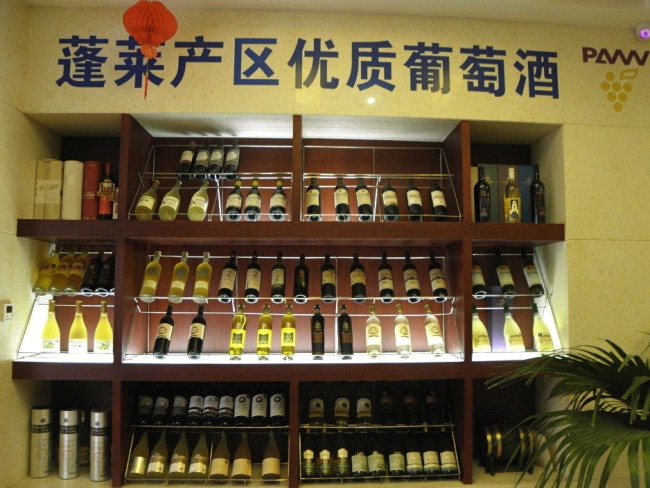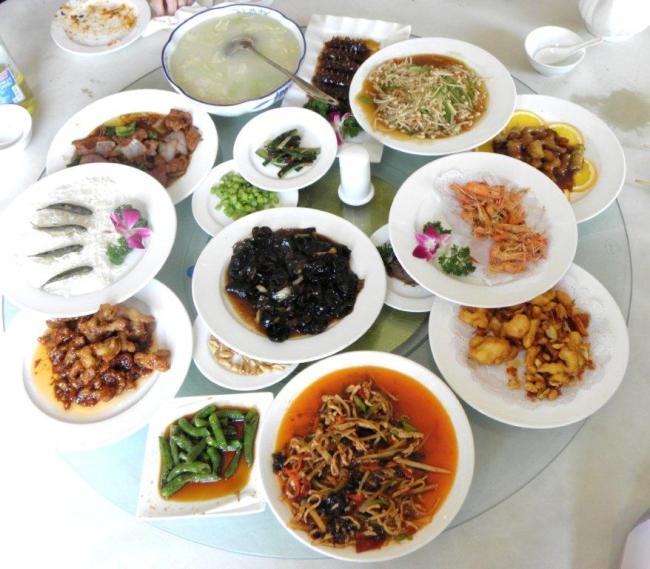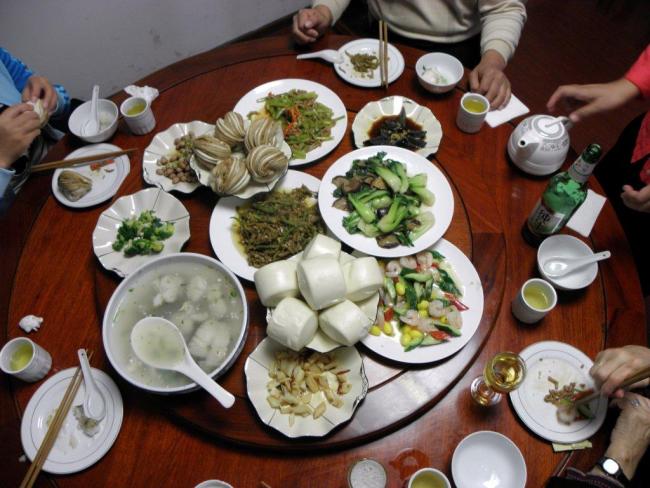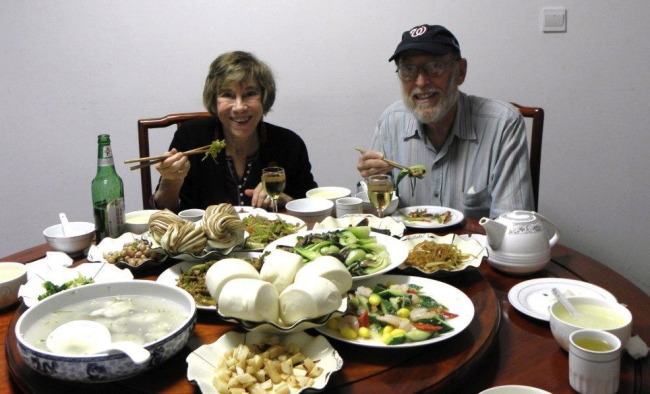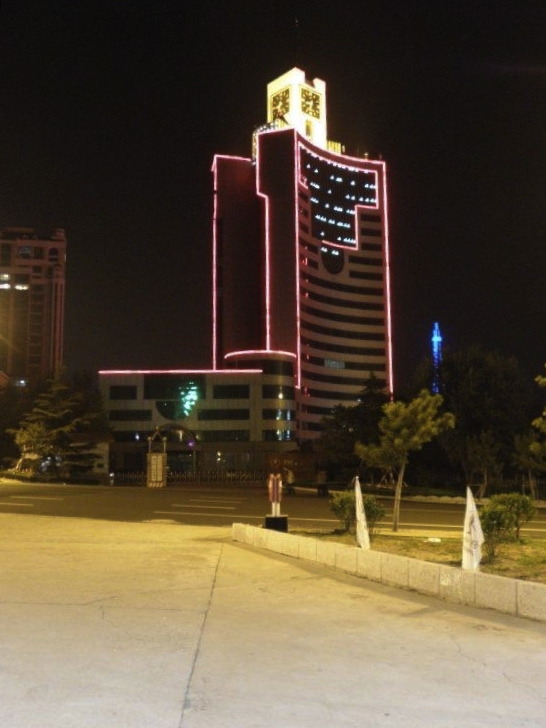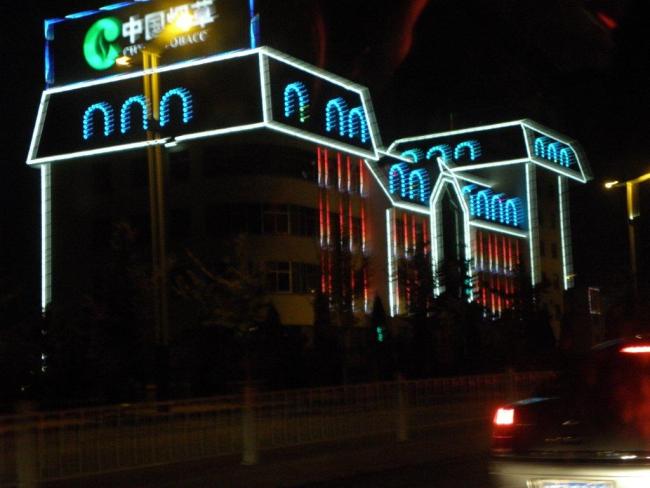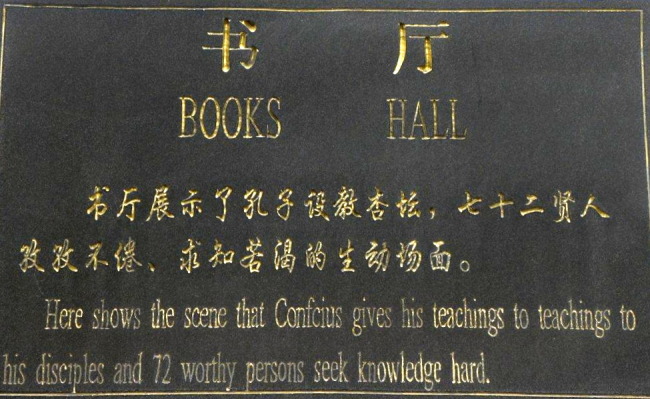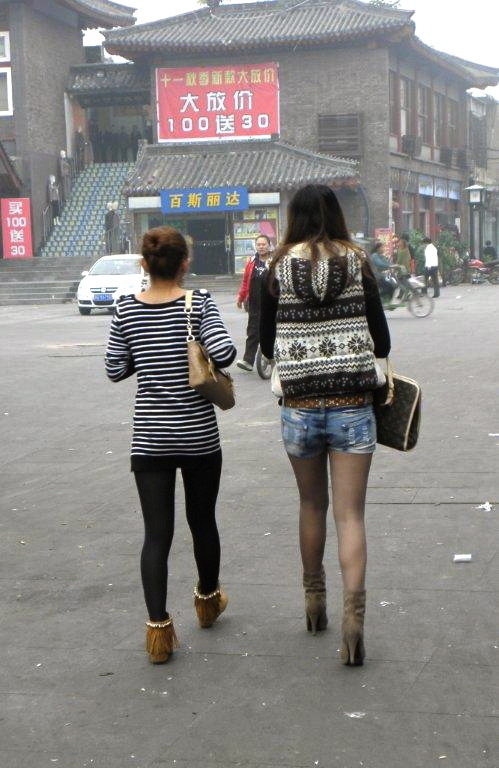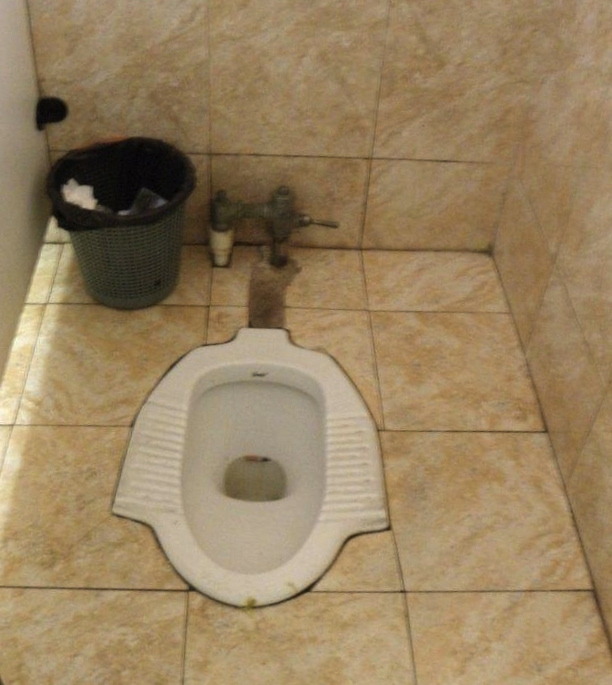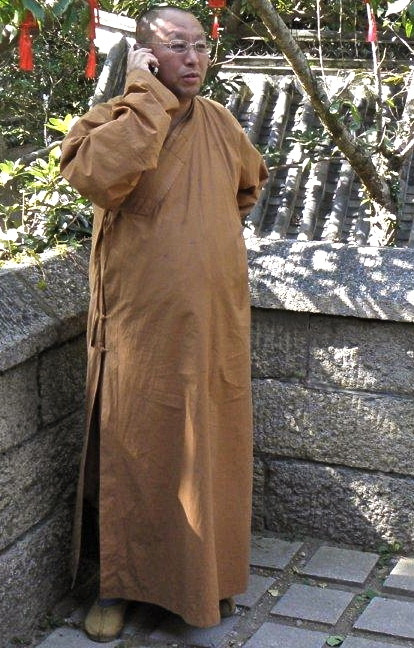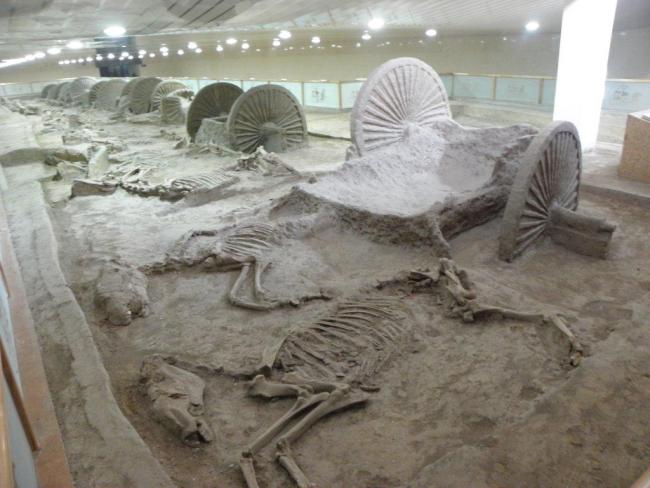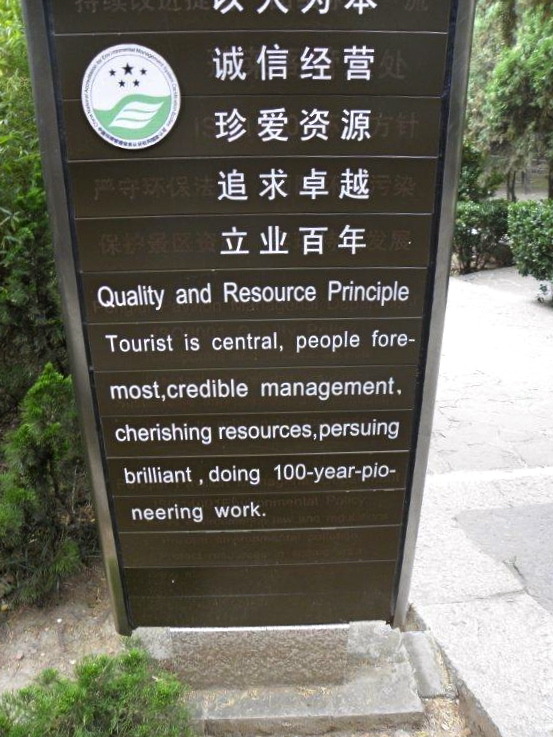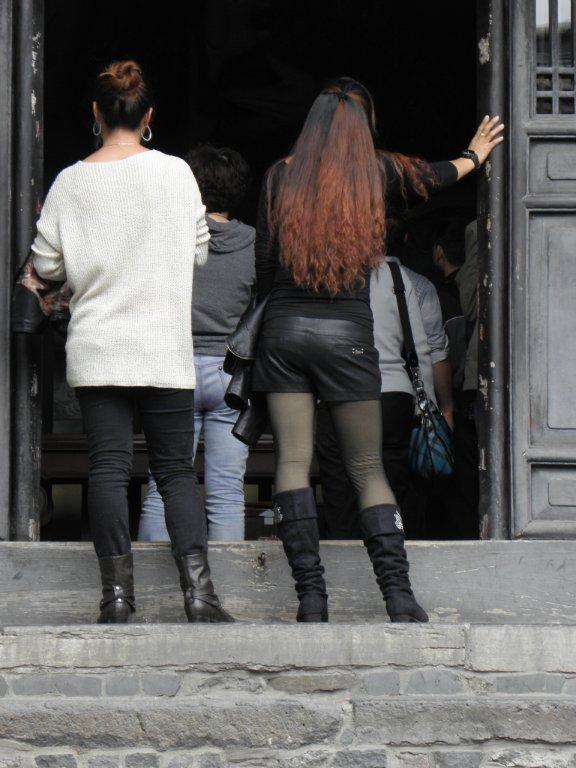by Fyllis Hockman
As a travel journalist, I’m fortunate enough to travel the world, reveling in a multitude of life-enhancing experiences that I would never otherwise be exposed to. I then get to come home, kicking and screaming, and write about them, usually dispensing with facts and focusing instead on my observations. After a recent trip to Shandong Province in China, I had even more observations than usual and was motivated to record them before even thinking about the article I would ultimately write. So here I’ve blended the personal with the professional—and they are indeed more personal than professional—in the hopes of sharing with you my private reactions to that recent trip.
photography by Victor Block
Once a country of thousands upon thousands of bikes, gray-green clothes and propaganda signs everywhere promoting Mao Tse-Tung, the glories of socialism and China’s one-child policy, China now boast 6-lane highways full of traffic, bright Western high-fashion dress and advertising promoting Sony to Gucci to Prada to Ferrari to KFC and Starbucks, of course, and even 7/11s. What not long ago were farming villages are now bustling urban metropolises with legions of skyscrapers and high-priced condominiums . China has not only come into the 21st century but is forging ahead of most other countries into the next.
After 10 days and nights with our 30-year-old young guide and mother of a three-year-old, we became such close friends that we were walking down the streets with our arms around each other. A strange and wonderful relationship forged so quickly.
Many Chinese prefer drinking just plain hot water to anything else – and everything is served warm, from water to soda to beer – especially beer.
Despite all of China’s progress, Western toilets have not really caught on except in the better hotels. Everywhere else, at attractions and restaurants, treadle toilets are the norm—more often than not, without toilet paper. You think you get used to them—but you don’t really.
My husband Victor and I were subjected—and I use the word advisedly – to two banquets a day, formal affairs around a large Lazy Susan laden with as many as 24 different plates served family style, often with a tourism official or two who spoke not a word of English. Everyone uses their own chopsticks to eat directly off of the many communal dishes. American germaphobes—of which there are an increasing number—would have been horrified! The only thing not shared directly are the two or three soups accompanying each meal. And watermelon slices are the de rigueur end to every meal. And man, am I ever a chopstick maven! Picking up one peanut? Not even a challenge.
When last in China 15-20 years ago, every child was learning English in schools so we expected the next generation to be fairly fluent by the time we returned. With the exception of our guide (who spoke reasonably well but by no means fluent) –- and one or two other local guides who did not speak as well—we encountered virtually no one in either hotels or restaurants who spoke more than a word—and more often than not, we were met with uncomprehending stares. Signs in English everywhere are often so terribly translated as to be laughably incomprehensible. (And there’s now even a Broadway play called “Chinglish” dealing with that very theme.)
And basically, we assumed, there is very little need as not a lot of Westerners visit Shandong Province, where we were. In one hotel, we requested something we needed in our room and the person automatically knew our room number—turns out we were the only Americans in the rather large hotel. That was pretty much true everywhere we went.
Once in Beijing, a few more hotel employees seemed to speak a small measure of the language—but during a long walk where we got hopelessly lost, we had to take a cab back to the hotel because none of the nearly dozen people we asked for directions could help us.
One night, we ordered drinks at a hotel bar before heading to our banquet (no easy task to begin with and very limited choices on top of that), and the manager behind the bar (who had been summoned by a panicky bartendress who spoke no English) asked us how we had enjoyed dinner – and when we said we hadn’t eaten yet, he looked at us in utter disbelief. Apparently, no Chinese would ever be caught dead having a drink BEFORE dinner!
Our conversations with several guides were enlightening—they talked openly about life in China, sex, the government and gays – much more so than would have been true 20 years ago. Apparently, young couples do have sex before marriage, some even live together, and there are more displays of public affection on the street – something you never would have seen years ago. And they wanted to know about our lives as well—though that mainly related to how much things cost here.
Politically, they acknowledge faults with their government—recognize there’s a lot of corruption, restriction of information, feel the government has not done enough to help the poor but believe that is changing, but basically they support the Party and recognize the very many positive changes that are occurring throughout China—the economy is booming, people are making a lot more money, there is investment in infrastructure and a strong emphasis on environmental issues. They acknowledge that there may be some high-profile protesters arrested and held without trial but they see it as a small percentage and believe that they have many more freedoms than before and that they can speak out and strike and make jokes about their leaders without fear of reprisals.
But they actively express their own desire for a second child!
And yes, they do see the U.S. as the Bad Guy—a war-mongering nation that they nonetheless wish they could move to.
Yes, China does some very bad things, many of which their people probably don’t know about it. They are also doing some very good things for the betterment of their people—and their country. Only possibly, right now, can the same be said of us....
However, despite the great strides they are making environmentally, their cities are lit up as neon wonderlands—they make Las Vegas or NY’s Theater District look drab and dingy by comparison. Block after block of bright beautiful, multi-colored displays imaginatively lighting up every building—breathtaking to see.
And just as a point of interest: although we found CNN on most of the hotel TVs, it was only showing feature stories—no actual news!
And , of course, Vic and I were both working on stories—me on Confucius (born Qui Kong) where I immersed myself in his hometown where he was born, studied, taught and died relatively destitute and despondent. He had all these great ideas about how the emperors ought to be just, fair and benevolent rulers—none of which the emperors bought into. Still, the 120,000 descendents all with the surname of Kong still living in Qufu (within the town’s population of 600,000) are all relatively wealthy and respected—one of several ironies surrounding Confucius’s life.
And Vic, in addition to an overall Shandong story, was researching the burgeoning wine industry as the middle class increases and they exhibit their newfound status by imbibing more of the sophisticated grape. Admittedly, after visiting three chateau vineyards, the research became a little fuzzy...
Plus we climbed several mountains to see memorials to different Buddhist and Toa leaders and visited a wide variety of fascinating museums (this from a couple of travel writers who usually try to avoid them) including one on chariots (which contains the actual remains of chariots and horses buried with some warlord some 2600 years ago—and I’m not talking a reconstruction here...), plus a clock museum, a beautiful porcelain one, and a wonderful wine museum, which despite tastings at both, was far superior to the Tsingtao Beer Museum.
And despite my abhorrence of all the banquets, I still returned home wanting more Chinese food.
Fyllis Hockman is an award-winning travel journalist who has been traveling and writing for over 25 years—and is still as eager for the next trip as she was for the first. Her articles have appeared in newspapers across the country and websites across the internet. A sampling of those stories can be found by visiting www.seniorsoftheworld.com and clicking on The Travel Adventures of Fyllis and Vic.
